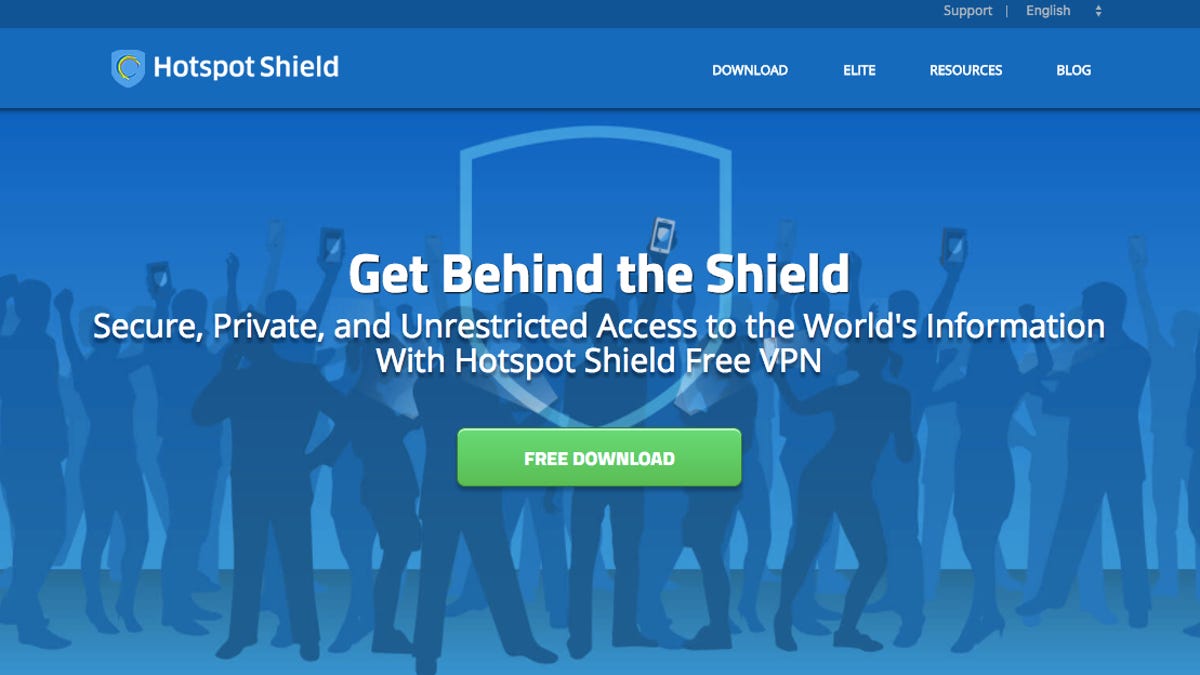Hotspot Shield VPN accused of violating users' privacy
A privacy group has requested an FTC investigation into the VPN company, claiming Hotspot violated its own privacy policy.

The VPN service Hotspot Shield is being accused of violating web traffic policies.
The free virtual private networking service Hotspot Shield has been accused of violating its own privacy policies by the Center for Democracy & Technology (CDT), a nonprofit advocacy group for consumer privacy rights.
In a 14-page filing, the CDT has requested that the Federal Trade Commission investigate Hotspot for engaging in "unfair and deceptive trade practices" by interfering with web traffic and redirecting it to partner websites like advertising companies.
One reason that consumers sign up for VPN services like Hotspot is to shield their browsing habits from internet service providers and other online entities that broker user data, or to access services that ISPs -- or host nations -- otherwise block. But the VPN effectively has access to the same data that it's shielding from the outside web.
As noted in the filing, Hotspot Shield CEO David Gorodyansky previously stated to the Huffington Post that the company's policy was to "never log or store user data."
Hotspot Shield could not be reached for comment. However, Gorodyansky told ZDNet that CDT's allegations were "unfounded," and that Hotspot "protect[s] user personally identifiable information from both third parties and from ourselves."
Read more about this story at ZDNet.
First published August 8, 11:03 a.m. PT.
Update, 6:14 p.m.: Adds comments from Hotspot CEO Gorodyansky.

